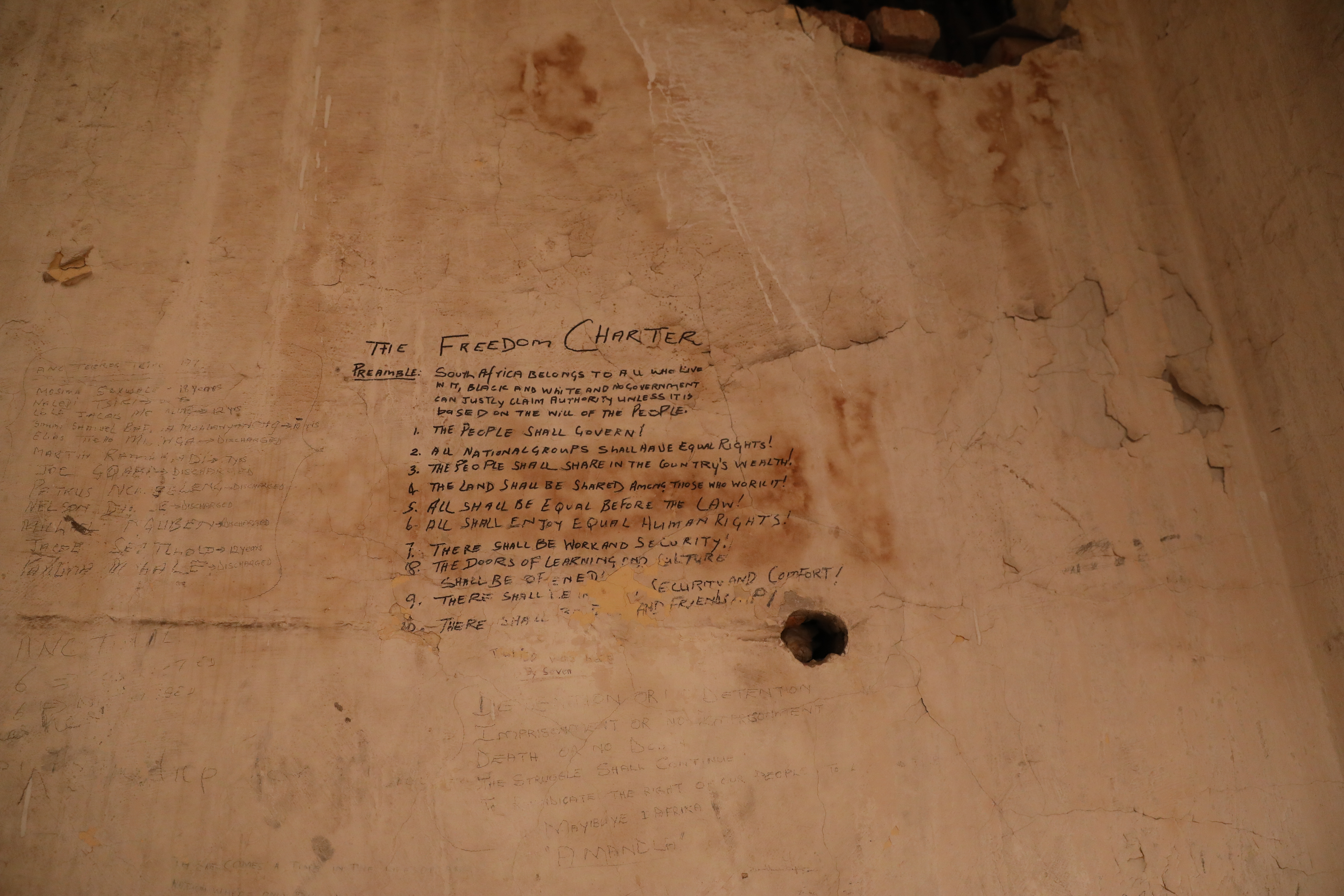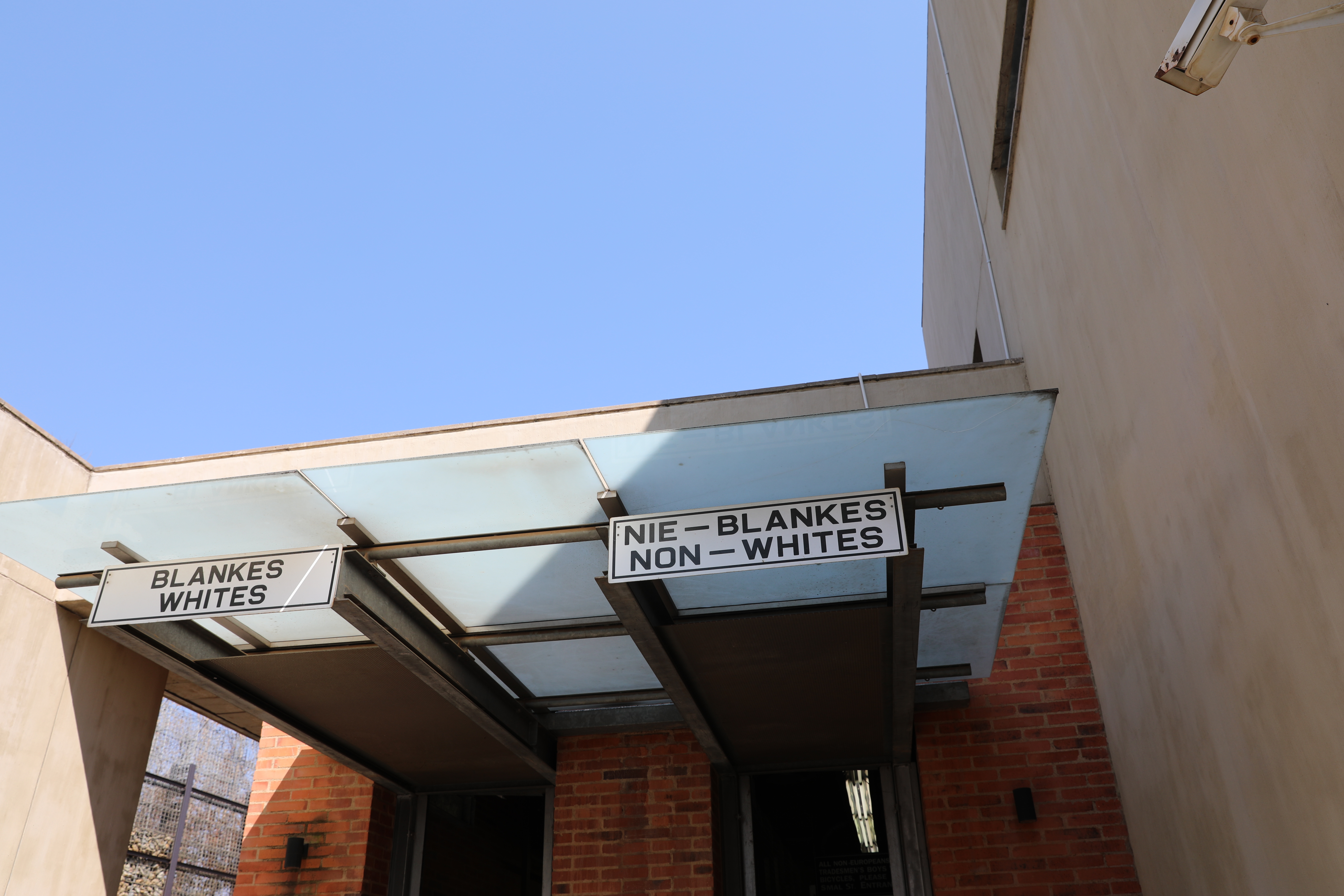South Africa and our great southern land have much in common: beautiful Country, many proud First Nation’s cultures and languages, and deep rooted traditions and spirituality. The similarities continue in terms of the devastating effects of European colonisation which continue to impact our First Nations communities today.
In both countries we see the all too familiar story of our Indigenous communities struggling to access basic human rights and services, including health, education, housing, waste removal and electricity.
Like our mob here, First Nations peoples in South Africa have also never ceded their Sovereignty.
In 2016, our then Prime Minister, Malcolm Turnbull, described Australia as “the most successful and harmonious multicultural nation in the world.” But can Australia be considered successful when it is one of the few colonised countries without a Treaty with its First Nations people?
It could be said our traditional lands have been occupied by foreigners since Captain Arthur Phillip planted the Union Jack in Sydney Cove over 230 years ago.
Almost 120 years ago, in 1901, Australia's constitution was enacted, again without any Aboriginal & Torres Strait Islander inclusion or consultation.
Not until the 1967 referendum, have Aboriginal people had an effective way to be involved in Australia's democratic process.
At Garma Festival in 2018, Djawa Yunupingu said in his opening speech at the key note forum, “the Truth is that we are not united in this country, we are not comfortable and we remain uncertain and troubled by this Truth. Because we live side by side – Two People – Two Laws – One Country.”
“the Truth is that we are not united in this country, we are not comfortable and we remain uncertain and troubled by this Truth. Because we live side by side – Two People – Two Laws – One Country.”
South Africa is a young democratic country, reaching 25 years of democratic government this year, which is largely attributed to the work of Nelson Mandela, the African National Congress (ANC) and the freedom fighter movement in South Africa.
The South African constitution is highly regarded across the globe, coming into effect in 1994 after a lengthy consultative process with representatives from South African society contributing. What would it take for Australia to have an Aboriginal leader of the country in a climate in which no Prime Minister has completed their elected term since the Howard years? Do we need an Aboriginal figurehead like Mandela to lead us to a better future for all Australians? At what point can we focus on what is strong rather than what is wrong?
What would it take for Australia to have an Aboriginal leader of the country in a climate in which no Prime Minister has completed their elected term since the Howard years? Do we need an Aboriginal figurehead like Mandela to lead us to a better future for all Australians? At what point can we focus on what is strong rather than what is wrong?

The Freedom Charter at the Palace of Justice in South Africa Source: Rhanna Collins
In Djawa Yunupingu’s words “So how long do we have to wait to get this right? Another Committee? Another Hearing? Another Meeting? Another Prime Minister?”
The Uluru Statement from the Heart is asking for Voice, Treaty, Truth. This is by no means a radical conversation. It has been circling the walls of parliament for much longer than our present conservative Government has been in office. In my travels to South Africa I found the Apartheid Museum in Johannesburg a deeply moving experience. South Africa has been brave enough to not only look at their history but also showcase it for anyone to see. This is Truth Telling in its most unapologetic form.
In my travels to South Africa I found the Apartheid Museum in Johannesburg a deeply moving experience. South Africa has been brave enough to not only look at their history but also showcase it for anyone to see. This is Truth Telling in its most unapologetic form.

Uluru Statement of the Heart (Twitter / @Harrietmantell) Source: Twitter / @Harrietmantell
The apartheid regime is imitated from the moment you walk in the gates and receive your ticket, in which you are classified either white or black. Your race then sets up your experience as you enter the museum through the white or black entrance.

The entrance to the Apartheid Museum Source: Rhanna Collins
“Honouring those who died and celebrating the emancipation of the African voice. Our culture, heritage, religion and practices”
Museum director Christopher Till explains “we needed a permanent reminder for South Africans that the freedom we have today was not free at all. Blood was shed. We need to begin the journey towards healing and reconciliation.” This truth telling is about “Honouring those who died and celebrating the emancipation of the African voice. Our culture, heritage, religion and practices”.
This year’s NAIDOC theme addresses and brings to the forefront issues similarly faced in South Africa through its theme Voice. Truth. Treaty. Let’s work together.
- Rhanna Collins is the Executive Editor of NITV News.
South African Tourism is the national tourism agency responsible for the marketing of South Africa as a preferred tourist destination by showcasing the diverse, enchanting, unique and inspiring travel experiences and culture that the country has to offer. To find out more information, visit

